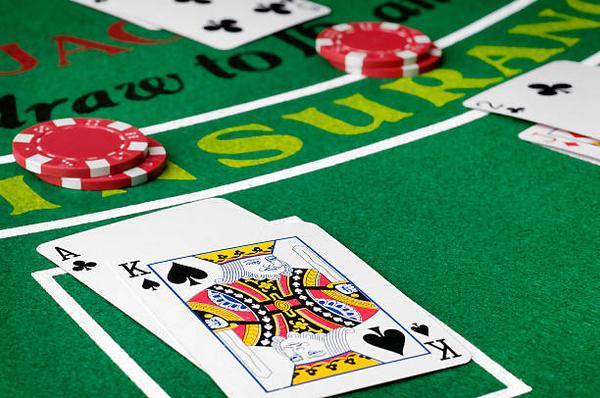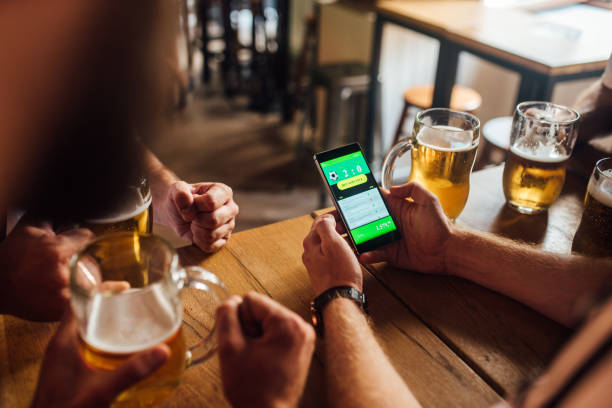The Science of Cognitive Biases: How Mental Shortcuts Affect Decision-Making in Online Casinos
Cognitive biases, the systematic errors in thinking that affect our decisions and judgments, have been a subject of interest for psychologists for decades. These mental shortcuts or heuristics are not necessarily damaging; they often help us make quick decisions without wasting valuable time. However, when it comes to high-stakes environments such as online casinos, these cognitive biases can significantly impact decision-making processes.
The science behind cognitive biases is deeply rooted in our evolutionary past. Our ancestors had to make quick life-or-death decisions with limited information. Thus, the human brain developed these mental shortcuts to process information quickly and efficiently. These instincts remain with us today and continue to guide our daily decision-making.
One common cognitive bias that affects decision-making in online casinos is the gambler’s fallacy. This refers to the belief that if something happens more frequently than normal during a given period, it will happen less frequently in future – or vice versa. For instance, after witnessing a long run of reds on the roulette wheel, players may be convinced that a black number is due next; this bias can lead to significant financial loss.
Another prevalent bias is confirmation bias: people’s tendency to search for or interpret information in ways that confirm 온라인 카지노사이트 their preexisting beliefs or hypotheses while giving disproportionately less consideration to alternative possibilities. In an online casino setting, this might manifest as players sticking rigidly to certain strategies despite repeated losses because they believe their approach will eventually yield success.
The illusion of control is another cognitive bias at play within virtual gambling platforms. Players may believe they have greater control over random events like dice rolls or slot machine spins than they actually do – leading them into making riskier bets based on false confidence.
The availability heuristic also plays a role by influencing individuals’ perception of probability based on how easily relevant examples come to mind. If someone has recently heard about a big win at an online casino, they might overestimate their own chances of winning due largely from that anecdotal evidence.
Understanding these cognitive biases is crucial for online gamblers to make informed decisions. By acknowledging these inherent mental shortcuts, players can take steps to mitigate their effects and approach their gambling activities in a more rational manner. It’s important to remember that while our brains are wired for quick decision-making, not all decisions should be made hastily – especially when money is at stake.
In conclusion, the science of cognitive biases provides valuable insights into how we make decisions and how these processes can be manipulated or influenced in high-stakes environments like online casinos. By understanding and recognizing these biases, individuals can potentially improve their decision-making skills within this context, enhancing both their performance and enjoyment of the game.



